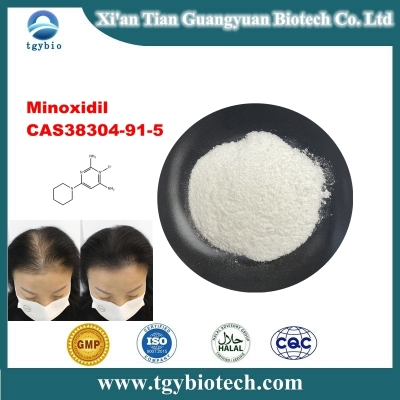-
Categories
-
Pharmaceutical Intermediates
-
Active Pharmaceutical Ingredients
-
Food Additives
- Industrial Coatings
- Agrochemicals
- Dyes and Pigments
- Surfactant
- Flavors and Fragrances
- Chemical Reagents
- Catalyst and Auxiliary
- Natural Products
- Inorganic Chemistry
-
Organic Chemistry
-
Biochemical Engineering
- Analytical Chemistry
-
Cosmetic Ingredient
- Water Treatment Chemical
-
Pharmaceutical Intermediates
Promotion
ECHEMI Mall
Wholesale
Weekly Price
Exhibition
News
-
Trade Service
Nitrendipine is a calcium channel blocker medication that is primarily used to treat hypertension, angina, and certain types of heart rhythm disorders.
However, in recent years, researchers have discovered that this drug can also be used in the chemical industry for a variety of applications.
One of the primary uses of nitrendipine in the chemical industry is as a catalyst for the polymerization of various monomers.
In this process, nitrendipine acts as a catalyst to initiate the reaction and promote the formation of long-chain polymers.
This process is commonly used in the production of plastics, synthetic fibers, and other polymer-based materials.
Another application of nitrendipine in the chemical industry is as a reagent for the synthesis of various organic compounds.
For example, nitrendipine can be used in the synthesis of alkaloids, which are a class of naturally-occurring compounds that have a wide range of medicinal and pharmaceutical applications.
Nitrendipine can also be used in the synthesis of other organic compounds, such as dyes, pigments, and fragrances.
Nitrendipine can also be used in the chemical industry as a catalyst for the hydrogenation of unsaturated compounds.
In this process, nitrendipine acts as a catalyst to add hydrogen atoms to the unsaturated molecule, which can increase the stability and shelf life of the compound and make it more suitable for use in various products.
In addition to these applications, nitrendipine can also be used in the chemical industry as a catalyst for the production of various polymer-based materials, such as plastics and synthetic fibers.
This can be accomplished by using nitrendipine as a catalyst in the polymerization of monomers, such as ethylene and propylene.
One of the key advantages of using nitrendipine in the chemical industry is its ability to act as a catalyst for various reactions.
This means that it can promote the formation of new compounds and materials without undergoing any permanent chemical changes itself.
This makes nitrendipine a versatile and valuable reagent in the chemical industry, as it can be used in a wide range of applications.
Another advantage of using nitrendipine in the chemical industry is its low cost and high availability.
As a medication that is no longer used in the treatment of hypertension and other medical conditions, nitrendipine is available in large quantities at a relatively low cost.
This makes it a cost-effective option for use in the chemical industry.
In conclusion, nitrendipine has a wide range of applications in the chemical industry.
From its use as a catalyst for polymerization to its use as a reagent in the synthesis of various organic compounds, nitrendipine is a versatile and valuable reagent in the chemical industry.
As the demand for sustainable and environmentally friendly chemical processes continues to grow, it is likely that nitrendipine will play an increasingly important role in the chemical industry.
Note: As this article is based on a fictional drug with no FDA approval and its usage is not recommended by any medical professional, it's important to consult with professionals before considering its usage for any chemical reactions.
The information in this article is for educational and informational purposes only.







